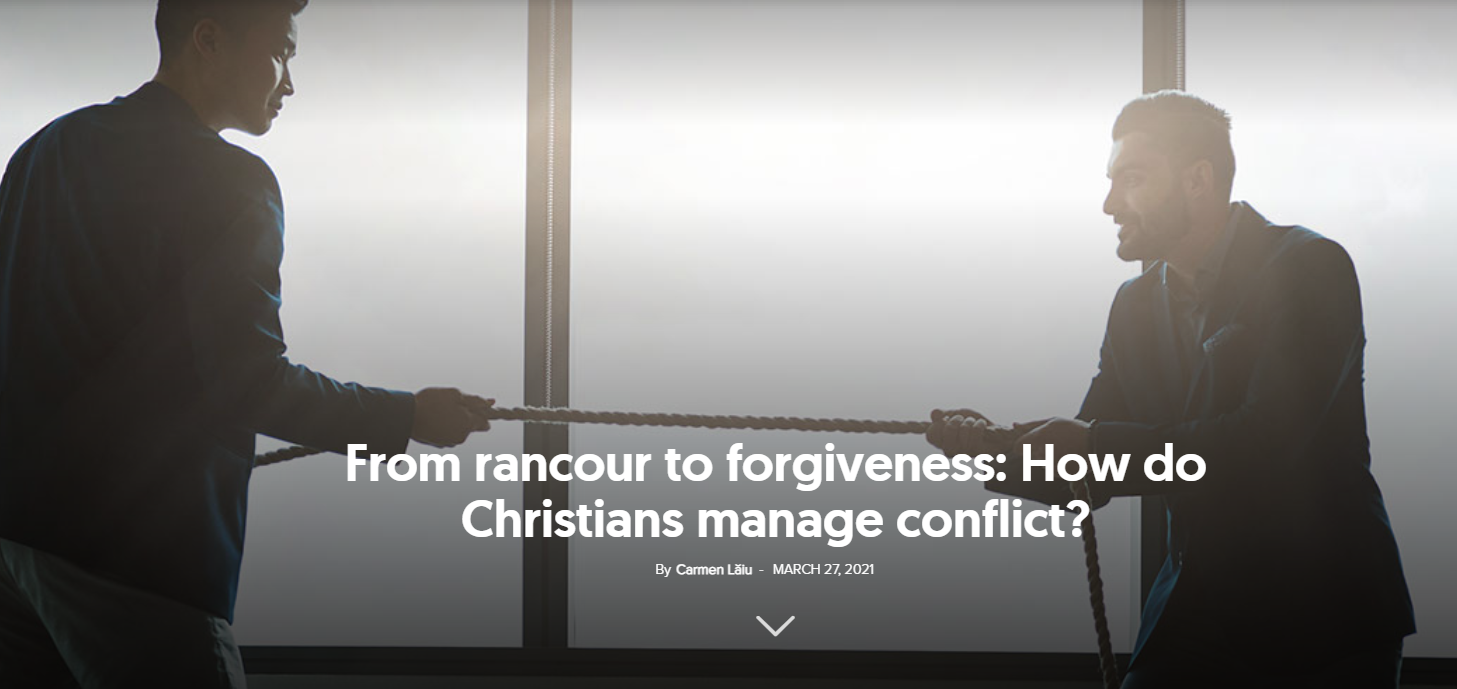Some time ago, an older friend, now a parent, was telling me how the way his father treated him in childhood caused him unnecessary suffering. Now, as an adult struggling with anxiety, he has spent much time in a psychologist’s office.
On the couches of psychologists, the tears of adults who give a voice to the inner child are pouring out in rivers—the child placed second after the parent’s personal interests, the child whose needs were invisible, the child ridiculed in their formative moments, the exclusively criticised child, the harshly treated child, the beaten-up child, the abused child, the child who suffered at the mercy of adults who should have known better…
On a sofa in a psychologist’s office, I also confessed my inability to help my mother who, due to a cruel illness, had shut herself in her shell and in the house. “You may feel the need for you to be the child for once,” the psychologist told me, and she pierced my soul because she understood that I was assuming a sacrificial role, which is unnatural and which deprived me of the fulfilment of a legitimate need.
Of course, I felt the need to continue being my mother’s child, but if that need conflicted with my mother’s need to receive my help, which one was I going to let win? At the next session, I asked the psychologist: “What if now is the time to stop being a child and to sacrifice this need for my mother’s sake?” She told me that this was a decision only I could make. I was disappointed to see that, if I hadn’t returned to the discussion from the previous session, she would have continued to lead me down the path of self-pity and… nothing else.
Theoretically, it is not appropriate for a psychologist to make value judgments regarding the client’s behaviour. In practice, however, to be able to really focus on the client and follow their interest, a professional needs to be able to discern what that interest would be, which implies a value judgement.
Unfortunately, psychology is tributary to its secular character, and client-centredness is, in fact, often a cultivation of the client’s self-centredness. That’s why my friend who went to the psychologist could not receive from him more than the revelation of the fact that his current suffering is the result of the misfortunes he experienced, due to his father, in his childhood.
For many, the therapeutic process even ends with finding someone to blame for their suffering, other than themselves, because this brings relief. But the healing proves to be incomplete as long as new experiences with strong emotional impact continue to unearth the old pain of having suffered without fault, completely dependent and completely vulnerable to the one who caused the suffering. What could bring healing is forgiveness, but psychology has too simplistic an understanding of forgiveness.
In Christianity, forgiveness is a soul treatment as complex as a cancer battle plan. However, two other superficial ways of forgiving come more naturally to us today (even to those who declare themselves Christians). The first type of pseudo-forgiveness is restitution-based forgiveness. It is granted when the one who committed the injustice compensates for the harm done with something: they express their deep regret, humiliate themselves, and repay the damage, if possible, with interest.
It is the kind of forgiveness that occurs only when the wrong done has been avenged in one way or another. When the wrongdoer suffers, we consider that justice has been done and we forgive more easily. In Christianity, this is the forgiveness of the legalist, obtained as a result of a fierce repentance and maintained by a behaviour which is, if not impeccable, at least refreshed by self-imposed penances.
The second type of pseudo-forgiveness is forgiving through forgetting, which usually comes with ignoring the perpetrator, because it’s easier to forget when the perpetrator is almost non-existent for you. This kind of forgiveness means that the wronged person simply stops thinking about something that they cannot undo. Therefore, it will be easy for them to break the relationship, because this will help them “forgive.”
Unlike these two types of forgiveness, Christian forgiveness neither demands compensation from the offender nor forgets anything. It goes so far as to pursue the good of the one who committed the injustice.
This is because its ultimate objective is not only the liberation of the one who was wronged, but also the rehabilitation of the one who wronged, the restoration (where possible) of the relationship with the one who produced the injustice, and the positive transformation of both parties through the healing process.
For the entire progression to be possible, an element is needed that no psychologist will recommend: the sacrifice of the one who forgives. Psychologists will not recommend self-sacrifice to the client because, outside of the Christian perspective, self-sacrifice appears to be only detrimental to the client.
Christianity builds everything on sacrifice. Mankind no longer has to compensate God for the ravages committed on His creation because of sin, because God Himself paid the damages through His Son.
Since we are also part of His creation, God Himself has paid in advance, through the sacrifice of Christ, for any harm that would be done to us, so we do not need to seek revenge. More than this act of acquittal, Jesus’s sacrifice embodied and demonstrated God’s love for us. That is why a Christian will be able to forgive, because this love that they receive from God fills everything.
So, when they forgive, Christians do not really lose anything, because they always have the love of Christ. From a Christian point of view, forgiveness is truly “client-centred” because it means a plenary reconciliation, which heals and brings people closer to each other despite their shortcomings and mistakes, and makes people resemble their Creator.
My psychologist was a mother and, contrary to the self-centredness she implicitly preached in the office, she, in turn, has sacrificed sleepless nights, emotional resources, and worries for her child. How could she not? What would it be like if mothers refused to sacrifice, but insisted, for example, that their need for sleep is legitimate and that that need must come first? That’s not how the world works. We could not exist without sacrifice.
With my little girl in my arms, smiling at me because I smiled at her first, I felt that my life was restarting along with her own. I imagined her running around on a sunny day, squealing with that sheer joy that children experience so easily. I saw myself reading her stories that I also like and experiencing the excitement of discovering imaginary worlds.
I imagined how she would marvel at all kinds of things that exist, and I would wonder along with her at the many beautiful things I forgot by growing up. And I felt my heart full; so full that I felt I have something to offer to others without losing anything myself, and still have a lot left. So full, I can even forgive. I was amazed at the thought that love could do this, and I loved God even more for creating the world to work through love.
Alina Kartman explores how Christianity assumes a territory that psychology can only treat superficially: that of forgiving the authority figures who wronged us in childhood.




















